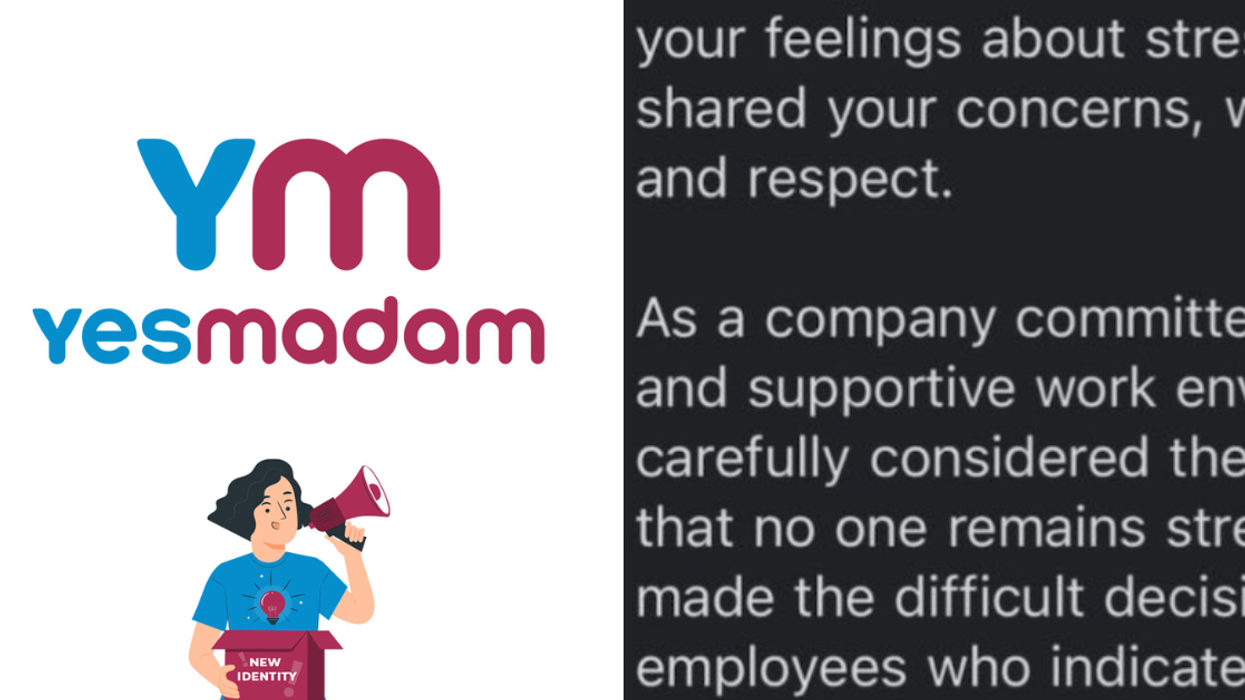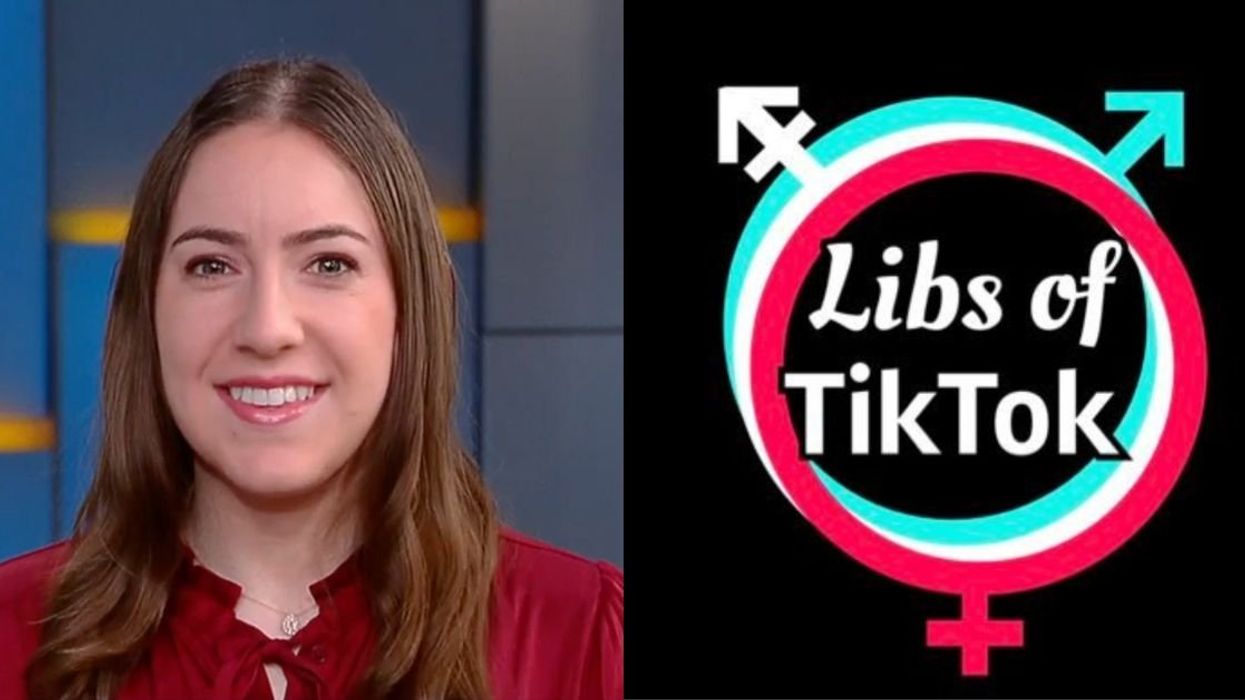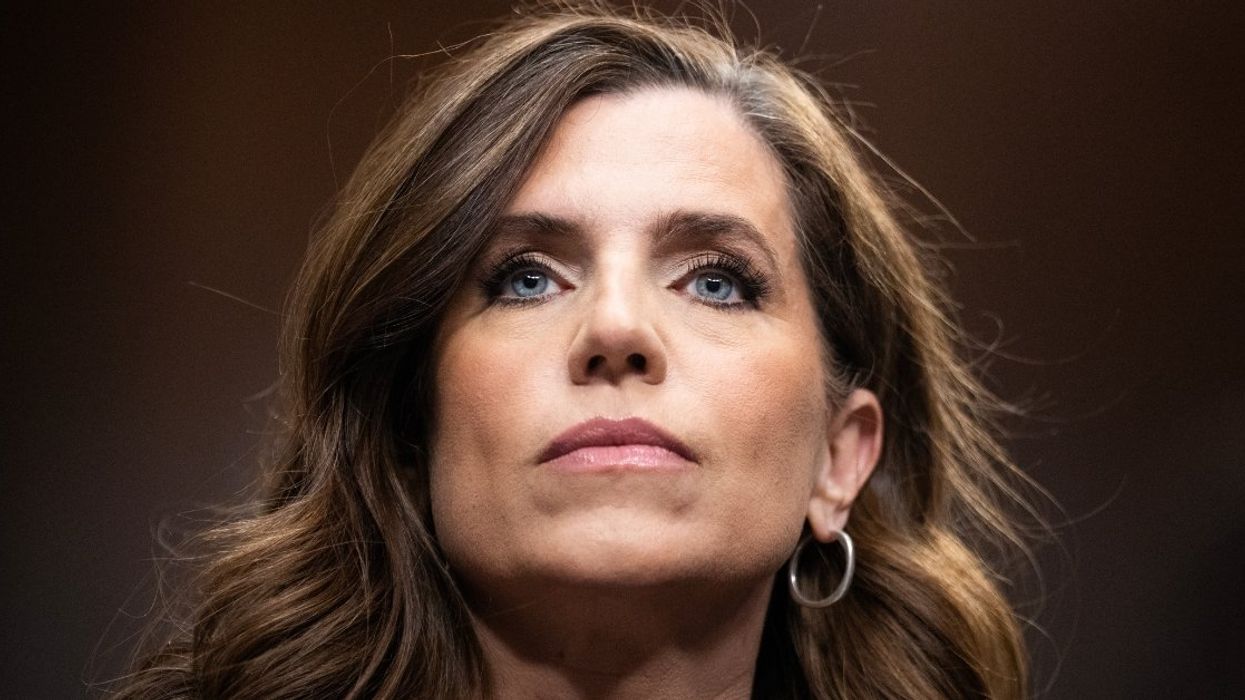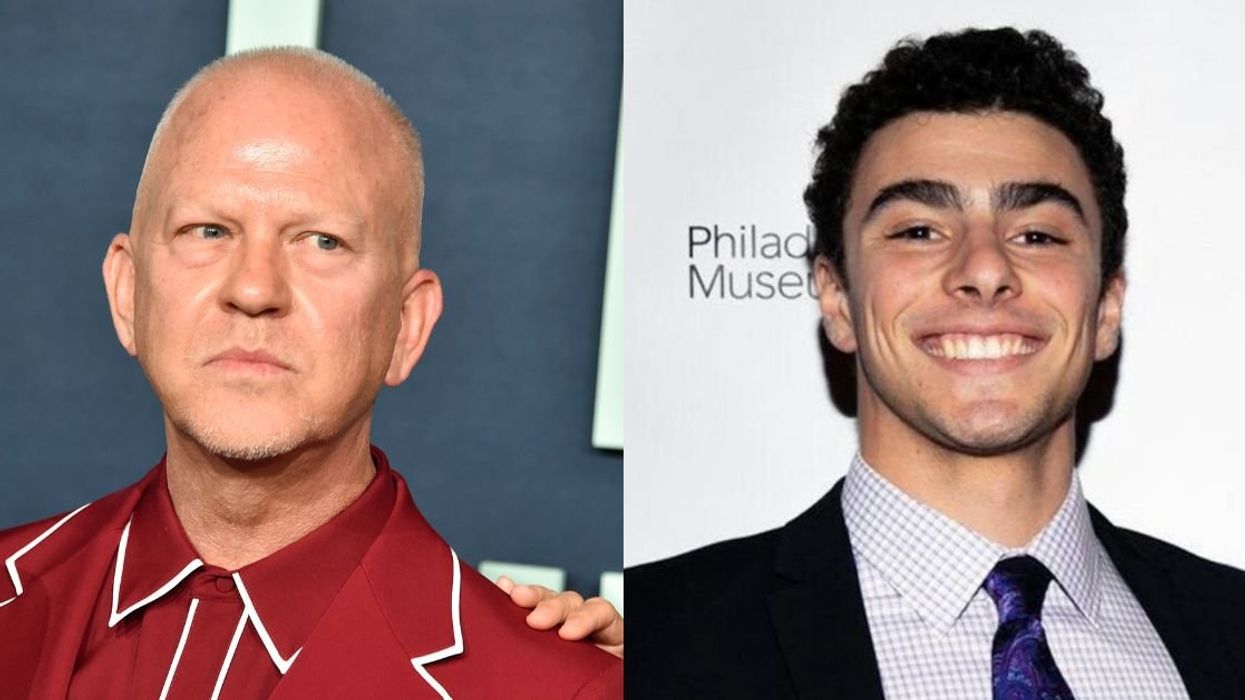Joining a therapy group or seeing someone one-on-one is an open admission you need help. That's perfectly fine, as seeking assistance in life's problems is an extremely positive act you can do for yourself. On the other side of that relationship, you have a therapist who, hopefully, wants to help you. For whatever reason, it doesn't always work out. You can't crack through, or you can't figure it out, and you can only hope to find help through other means.
Reddit user, u/Ate10, wanted to know:
Therapists of reddit, ever had a patient you couldn't help, if so what happened?
Sometimes, There's Too Many Factors
I am a therapist who works with families with adoptive children. I have had many clients I could not help. Families that seek help are often on the verge of ending the adoption. The children experienced trauma and unstable attachment and families have been struggling. It often feels like putting a bandaid on a bullet wound.
There have been many families who stopped because therapy wasn't helping: the children continued to "not behave." I currently have a family I worked with for a year that seems worse off than last year. Most days i struggle not knowing how to help them.
However. I remind myself that a therapist's role is small compared to the other factors for change (change happens when the person is willing and able and environmental factors support change). Also, I remind myself of the small changes that the families and me made happen together.
You Can Do Everything Right...
I provided therapy for people with acquired brain injury for several years. This one man of about 58 was sent for care. Sweetest guy in the world. Nothing worked. Nothing.
I created a behavioural tracking plan for him and observed that he was losing function, while in active rehab.
I contacted his doctor and asked for an urgent referral to a neurologist because I suspected dementia. It was dementia and the doctors agreed with me that he had suffered the accident that caused his brain injury as a result of thinking and coordination problems caused by the dementia. I helped get him admitted to a dementia care facility so no further harm befell him from trying to live on his own.
Sometimes, You Just Have To Pass Them Along
I referred them to someone I thought could help.
For example, I work a lot with ADD, but sometimes people need to be medicated before they can be expected to focus enough to do the work required in therapy.
They're Only Looking For Validation In The Wrong Ways
My gf is a person centred therapist and works with troubled women.
This one woman complained about her last week because she couldn't make it in one week and the week beforehand my gf had sort of triggered her to cry (but only by helping her reflect on herself, not because she said anything to her), ever since then, the girl was really offish with her and decided to complain and get another therapist, apparently my gf was her 3rd at the therapy Center she works at, the girl doesn't want help it's obvious she just wants someone to say mob yeah your life sounds really hard'
Nothing Worked For Years
I am on the other end of this question. I was a patient who was told by a psychologist he couldn't help me. When i was 17 i got hit by a car while riding my bike and i got hurt pretty bad but not life threatingly bad. it was supposed 3 to 6 months for me to heal fully but that never happened, i'm still in serious chronic pain 6 years later. So i met with a psychologist because my lawyer recommended i do so to help both myself and the case against the driver that hit me.
I explained what i was going through, he diagnosed me with ptsd, and told me theres nothing he can do to help my ptsd while i am still in so much pain. He told me not to book another appointment until i am out of pain, which never happend.
Parents Can Be The Worst
The kid I really couldn't help had severe ADHD and possibly bi-polar, though we strive to avoid diagnosing young kids with that unless it's really REALLY obvious. In this case the parents refused to follow my guidance or do a family therapy session with both parents present. The mom was the one doing all the "work" - giving the kid meds and literally physically fighting with her (DCF called)- but not using actual discipline- and would give into the kids demands as soon as she threw a temper tantrum. I tried to warn mom when you start using discipline after not doing so for 13 years, it WILL get worse before it gets better. But the parents worked long jobs and often left the child rearing and discipline to an older sibling or relative who wasnt equipped. I eventually recommended out to ABA because even though the kid wasnt cooperative, she was doing a lot of dangerous stuff that could lead to her hurting herself and I wasnt cool just leaving the case.
Thet being said it's rare for a kid to just not cooperate (tho it does happen). 90% of the time it's the parent who is not complaint or who actively sabotages the kids recovery (like I've literally heard a parent say 'If your grades go up theyll take away our disability money and we cant afford rent"). Family systems are generally responsible for a young diagnosis, especially depression or anxiety but the parents scapegoat the kid and act as though they have done nothing wrong. And I get it, it's hard to hear as a parent that YOU are actually the problem. They also treat the therapist like a babysitter (like no, you cant leave the house just because I'm here).
You Can't Make People Do The Work
I do motivational interviewing and cognitive behavioral therapy for people trying to quit smoking as part of a research study.
We have about a 65% success rate with getting people to quit 1 month. It's hard to say what the numbers are beyond that because, while we do collect 6 month and 1 year data points, we get a lot of drop off because people use the study as a means to an end and we get a lot of attrition once they feel confident they don't need the support anymore.
The biggest indicator of inability to quit is, like others have said in the thread, wanting to be off cigarettes but not being willing to put in the work. For just about everyone that has put the CBT, MI, and general coping strategies to use outside of our weekly counseling sessions has successfully quit. The ones that come in with external reasons for quitting (my wife wants me to quit, I'm tired of getting looks from other people, etc etc), don't engage in any "homework", and don't consistently come to sessions are the ones that don't make it through.
Except this one woman that hit every indicator of a soon-to-be successful quitter, was working with us for 3 or 4 months and was making good progress, and one week just completely cut contact. We called her, emailed her, texted her, sent her letters, but she completely vanished with zero indication that she was having a hard time or in danger of relapse. I still think about her pretty frequently. She was older, so I actually do hope she relapsed and got too embarrassed to call us back, because the alternative explanations for an older person trying to make positive change in their life going completely silent are more morbid.
Just To Repeat: You Can't Make People Change
It's not so much that I can't help, it's that people don't want to change. Someone will only make changes when they are ready, not before.
I saw a couple much older than me one time and it was pretty obvious that it was over before we started. Often times when people come to therapy as a couple it's already too late. I had quite high hopes, but they had such contempt for one another.
Nothing Is As It Seems
Secondary gains. Patients sometimes come to therapy maybe with a genuine problem maybe without but there's an ulterior motive their driving then coming and its glaringly obvious.
I'm trained to give unconditional positive regard so even if I'm suspicious I'll play dumb with you unless there's enough contradictions for me to point it out and even then I'm going to be understanding about it. However, please don't waste both of our times. If you want something, ask for it. If I can help, I will.
If I can't I will at least point you in the right direction or explain why it's a bad idea and ask if you do want to continue therapy. If you don't it means I can offer the space to someone with a genuine need and want to be seen. Our waiting list is currently 3 months to be assessed and 6 months to then be treated.
Behavior Is A Big Factor
Working in the psychiatry, with some of the worst patients here in my country. It's all about making the most stable environment and situation for every patient, if theyre too extrovert and act out too much for us to handle, we call the police which then takes them to the acute department in the hospital.
Crimes Are A Big Interference
My dad works as a therapist. He has a patient who has 5 kids, a wife, & lives in a somewhat rust belt town. Let's call this patient 'Miguel' Miguel is a heroin addict, who also sells heroin. He sells to a cop, and the cops raid his trailer. Arrest him. Eventually the cops drop the charges, or whatever they're called, & Miguel celebrates! BUT they put the case on a federal level.
Nothing That Can Be Done
My father, brother, mother and I went to family counseling when my parents were heading toward divorce. We were the the therapist's last appointment on a Friday evening.
She committed suicide that night. My family disbanded soon after.
The Wire Burns Both Ways
I was "let go" by a therapist.
I was being treated for depression by my university psychologist. In actuality I was bipolar and yet to be diagnosed. I was coping in every possible unhealthy way. Self harm, alcohol, binging/purging, etc. The university wasn't set up for long term care so after a certain number of sessions she had referred me to an outside psychiatrist but it was a terrible experience and I went back to her. She told me that she couldn't keep seeing me for her own mental health. She had become so concerned for me that it was affecting her.
It was incredibly hard to hear. Like "I'm so f-cked up I even disturb a professional." But mental health professionals are people too and I understand why.
If It's Not Working, You Have To Stop
Of course. Many times. Psychotherapy (whatever the flavour) is not always effective.
There's an ethical obligation of therapists to evaluate their progress with all clients/patients during the therapeutic process.
There's also an ethical obligation to discuss with them if there's no progress being made. It doesn't imply blame on either the client/patient or the therapist. But if things aren't working, it needs to be discussed, and other options should be considered.
It's just like if you had an infection, and a particular antibiotic wasn't helping, you don't just keep doing the same thing. You consider other treatment options, and also other treatment providers.
I've referred many clients that weren't being helped. It's not about giving up, it's about seeking the best outcome for the client (not the therapsit). To think that you are the only therapist that can help someone says more about your narcissism than the client/patient.
Who's that one patient you couldn't help? Tell us all about it!








 @themanfromvulcan/Reddit
@themanfromvulcan/Reddit @buffysmanycoats/Reddit
@buffysmanycoats/Reddit @jadelikethestone/Reddit
@jadelikethestone/Reddit







